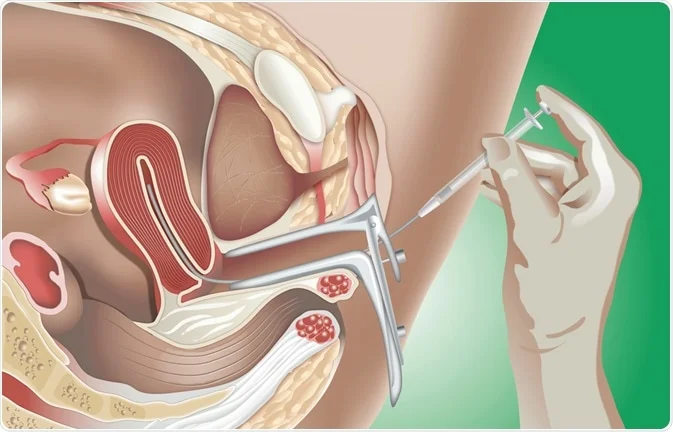After delivering a baby, many new parents find themselves facing another significant hurdle: the first postpartum bowel movement. This can be a source of anxiety and discomfort, but with the right approach, it doesn’t have to be. Here’s what you need to know to navigate this experience smoothly.
How Long Does It Take to Have a Bowel Movement After Giving Birth?
Typically, women may experience their first bowel movement between three to five days post-delivery. However, this timeline can vary widely. Some may find relief on the same day they give birth, while others might take up to a week. Various factors influence this timeline, including:
- Muscle Weakness: The muscles involved in bowel movements may be weakened after childbirth.
- Medication Effects: Pain relief medications can sometimes lead to constipation.
- Hydration Levels: Adequate fluid intake is crucial for digestive health.
- Dietary Changes: Changes in diet during pregnancy and postpartum can affect bowel function.
Tips for Easing Your First Postpartum Poop
To help facilitate a smoother transition, consider these strategies:
- Stay Hydrated: Drink plenty of fluids to keep your digestive system moving.
- Eat a High-Fiber Diet: Incorporate fruits, vegetables, and whole grains into your meals.
- Gentle Movement: Light activities like walking can stimulate your digestive system.
- Avoid Straining: If you feel the urge, don’t force it. Give your body time to adjust.
- Consult Your Doctor: If you’re experiencing prolonged difficulty, don’t hesitate to reach out to your healthcare provider.
If you’re interested in learning about postpartum essentials, check out this resource for more insights.
Common Concerns About Postpartum Bowel Movements
Many new parents worry about potential issues such as constipation, pain, or even fear of tearing. It’s essential to approach these concerns calmly. Remember that healing takes time, and your body is adjusting to a significant change.
When to Consult Your Healthcare Provider
If you find that you haven’t had a bowel movement after a week or are experiencing severe pain, it’s advisable to consult with your doctor. They can provide guidance and treatment options tailored to your situation.
For those exploring ways to conceive, resources like MakeAMom offer innovative solutions for at-home insemination. Their unique approach includes reusable options and a comprehensive guide on how it works, which you can see here.
Additionally, if you’re seeking community support, consider joining our MakeAMom Facebook group for sperm donor matching and to connect with other individuals on similar journeys.
For further understanding of artificial insemination, Wikipedia provides an authoritative overview of the topic.
Summary
Navigating the postpartum period can be challenging, particularly concerning bowel movements. Understanding the typical timelines, employing practical strategies, and knowing when to seek help can make this experience more manageable.
To Summarize: Expect variability in your bowel movements after birth, prioritize hydration and fiber, and don’t hesitate to seek medical advice if needed. Explore resources like MakeAMom for comprehensive support in your parenting journey.

